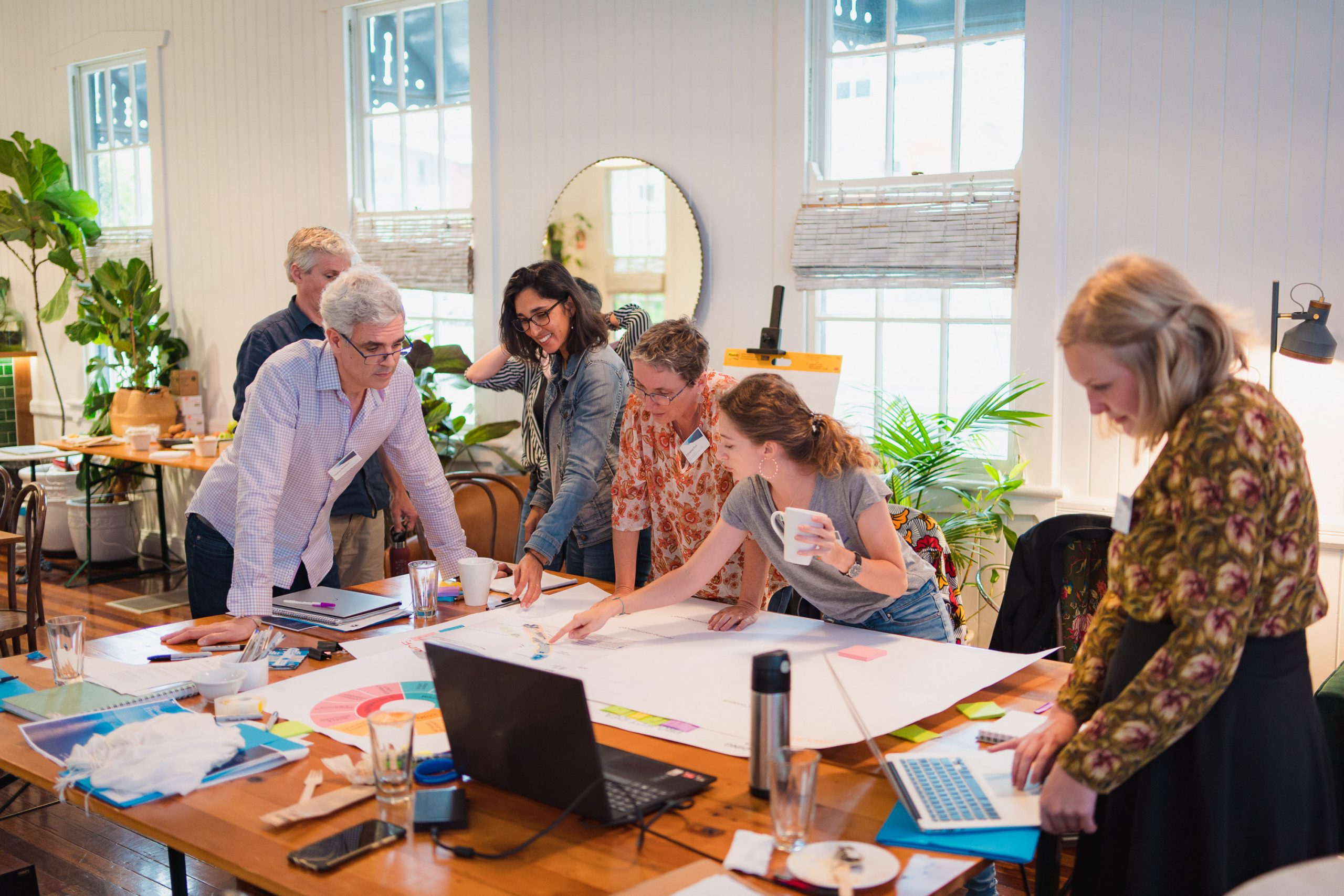Scaling and systems change 101 – understanding the power of collective action
The journey towards scaling nature-based solutions begins by recognising the need for collective action and transformative change. Scaling expert Lennart Woltering emphasises the importance of fostering shared vision and ownership, investing in local capacity, and engaging public and private sectors.
Lennart explores the need for stepwise scaling and collaboration partners using the simple idea of moving people between two destinations. Imagine you start with the idea of transporting people using a bicycle. Initially, you can scale to some extent by carrying a few additional passengers on your bike, but the possibilities remain limited. If your goal is to bring a larger number of people to their destination, the vehicle itself needs to evolve. This necessitates a transition from a bicycle to a minivan. With the minivan, you require a licensed driver who can navigate on well-paved roads, roads which need to be constructed and maintained by the government. As your scaling efforts progress, you encounter the capacity constraints of the minivan, and another transformation is necessary – shifting to a fleet of buses – which comes with new challenges and new partners.
This example illustrates how each phase of scaling brings forth unique needs, implications, and involves the participation of different stakeholders.
You need to focus on what you do best, and then build a good stakeholder collaboration strategy to see how other organisations can fill the gaps – Lennart Woltering, CIMMYT – Scaling and Systems Change
Lennart delves into various types of scaling: scaling out, which involves multiplying or replicating innovations; scaling up, which entails policy changes and collaborations; and scaling deep, which focuses on transforming mindsets, values, and practices. There’s also scaling down, the challenge of recognising what needs to be phased out or exited to create space for new, more sustainable solutions to emerge. When implementing nature-based solutions, it is essential to embrace all types of scaling. However, a particular focus should be on initiatives that drive systemic change, as they hold the key to achieving sustainable and substantial impact. This is crucial for securing the net-zero, nature-positive future that our planet so urgently requires.



